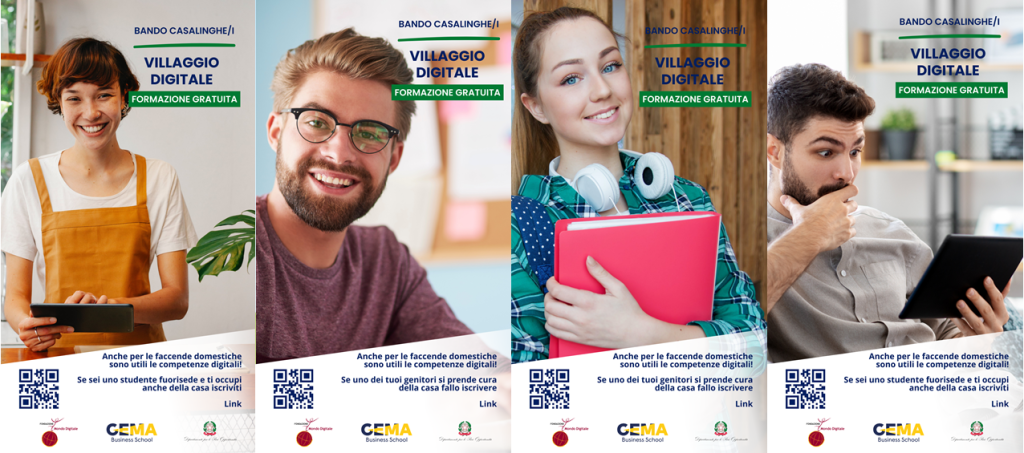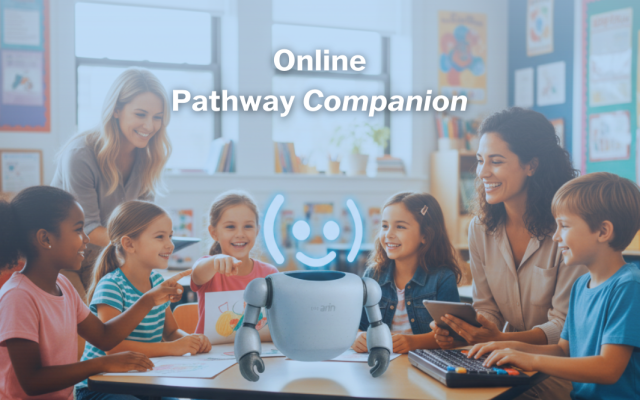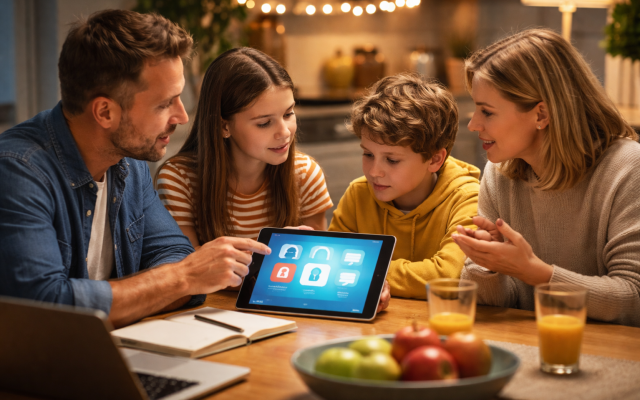Digital Village Course Schedule
In Italy, out of ca. 60 million inhabitants, approximately 2.8 million people a year are involved in domestic accidents for a total of approximately 3.3 million accidents. Approximately 900,000 domestic accidents involve housewives (27.5%) but as many as 2,400,000 accidents involve women (72.5%).
Despite this data, our behaviour is rather paradoxical. While we are very attentive to our safety on the workplace, where approximately 18% of total accidents occur, and to road safety (4%), we are rather superficial when it comes to our houses where 78% of accidents occur. Out of a potential basin that could exceed seven million individuals, only one million are insured.
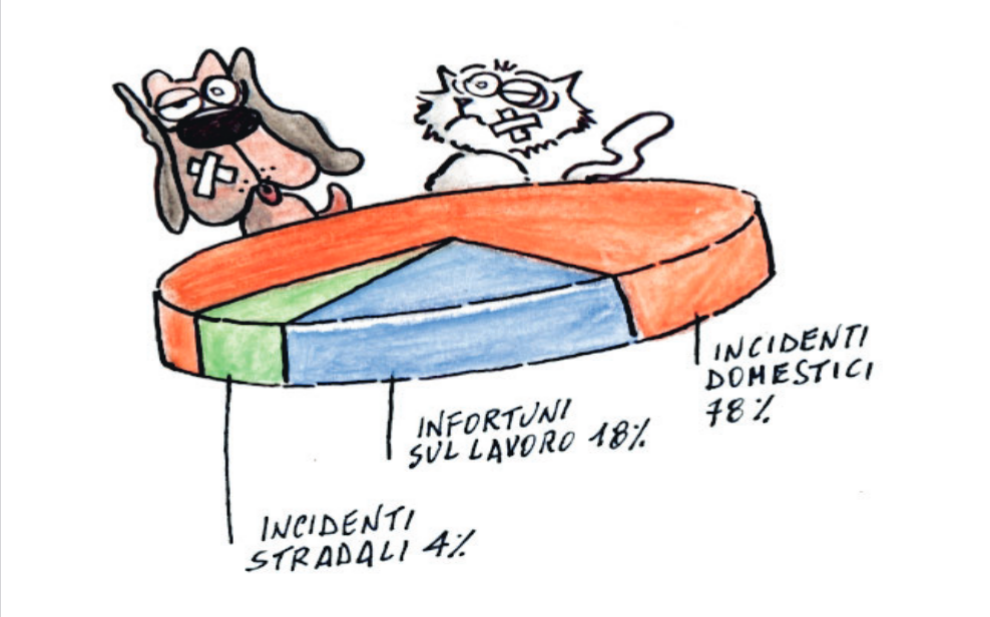
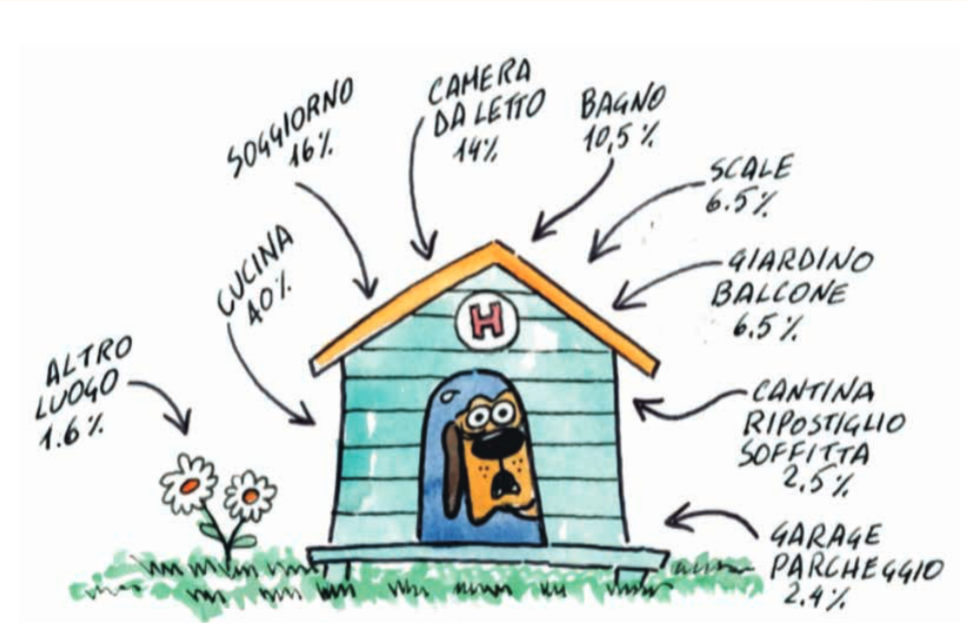
This is why it is important to understand who housewives and house-husbands really are. How will digital transformation change our lives at home? Are we capable of taking care of it safely?
Project Digital Village, developed in partnership with the Gema Business School (lead partner), addresses individuals who take care of homes. They must be aged 18-67 and work for free, taking care of their family and house. The training course we propose is divided into seven modules, from information and data literacy to home security [see: Session Schedule].
Programme
- Information and Data Literacy – How to search for information on-line using search engines, identify fake news, archive information in the cloud, and evaluate and manage data, information, and content found on-line.
- Creating Content – How to write, produce, and modify digital content (tables, images, and audio files) using industrial productivity software (preferably open source). Understand simple copyright and licensing rules applied to data, digital information, and content.
- Communication and Collaboration – Learn to use digital and on-line collaboration and communication tools such as e-mail, chat, videoconferencing, social networks, messaging systems, and shared folders and documents.
- Solving Problems – Solving the most common problems related to software and hardware on IT devices: restarting devices, installing and uninstalling programmes, checking Internet connections.
- IT Security – Protecting devices, data, and privacy in digital environments. Understanding privacy regulations and possible dangers of digital environments (i.e., cyberbullying), the environmental impact of technology, secure on-line purchasing, protection from on-line fraud, safeguarding health related to the use of digital tools and environments, safety of children on-line.
- Services for Citizens – Understanding public administration services available to citizens, with a focus on the use of SPID digital ID, electronic payments, use of the IO App, municipal, INPS, and tax agency services.
- House Management – Understanding and using simple digital tools for organising a domestic budget.
